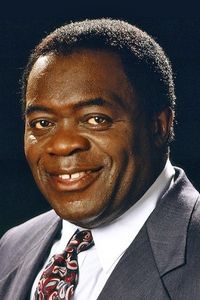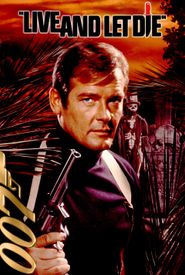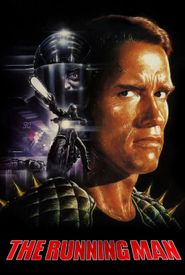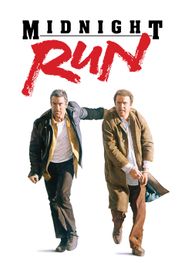Yaphet Kotto, a physically imposing and intense actor, defied racial stereotypes in Hollywood during his generation. Born in Harlem, New York, to Gladys, a nurse and army officer, and Abraham Kotto, a businessman-turned-construction worker, he was the son of a Cameroonian immigrant of royal ancestry and a mother from Antigua and Panama. His first name, Yaphet, means "beautiful" in Hebrew, and he was raised in the Jewish faith. After his parents' divorce, he was brought up by his grandparents in the tough Bronx district of New York.
He had an aunt who ran a dance academy, where notable alumni Marlon Brando and James Dean studied. Brando's performance in On the Waterfront (1954) inspired Kotto to pursue acting. With little theatrical experience, he began his stage career in 1958, debuting in the title role of Othello, which he later reprised on screen in 1980. He also appeared on Broadway as understudy to James Earl Jones in The Great White Hope.
After joining the Actor's Studio, Kotto started his screen career and gained critical recognition with edgy performances across various genres. He played a barkeeper in 5 Card Stud (1968) and a thief in The Thomas Crown Affair (1968),then transitioned to supporting roles as the evil Kananga/Mr. Big in Live and Let Die (1973),Ugandan dictator Idi Amin in Raid on Entebbe (1976),and the ill-fated Nostromo engineer Parker in Alien (1979).
Kotto also starred as a street-smart Detroit car worker in Blue Collar (1978) and had a recurring role as a senior detective on television's long-running crime series Homicide: Life on the Street (1993). He penned several scripts for the show and was even on a Paramount shortlist for the coveted role of Jean Luc Picard in Star Trek: The Next Generation (1987),alongside Mitchell Ryan and Roy Thinnes. He declined the role, fearing typecasting, but later regretted his decision.
Yaphet Kotto died on March 15, 2021, at the age of 81, in Manila, Philippines.



















































































